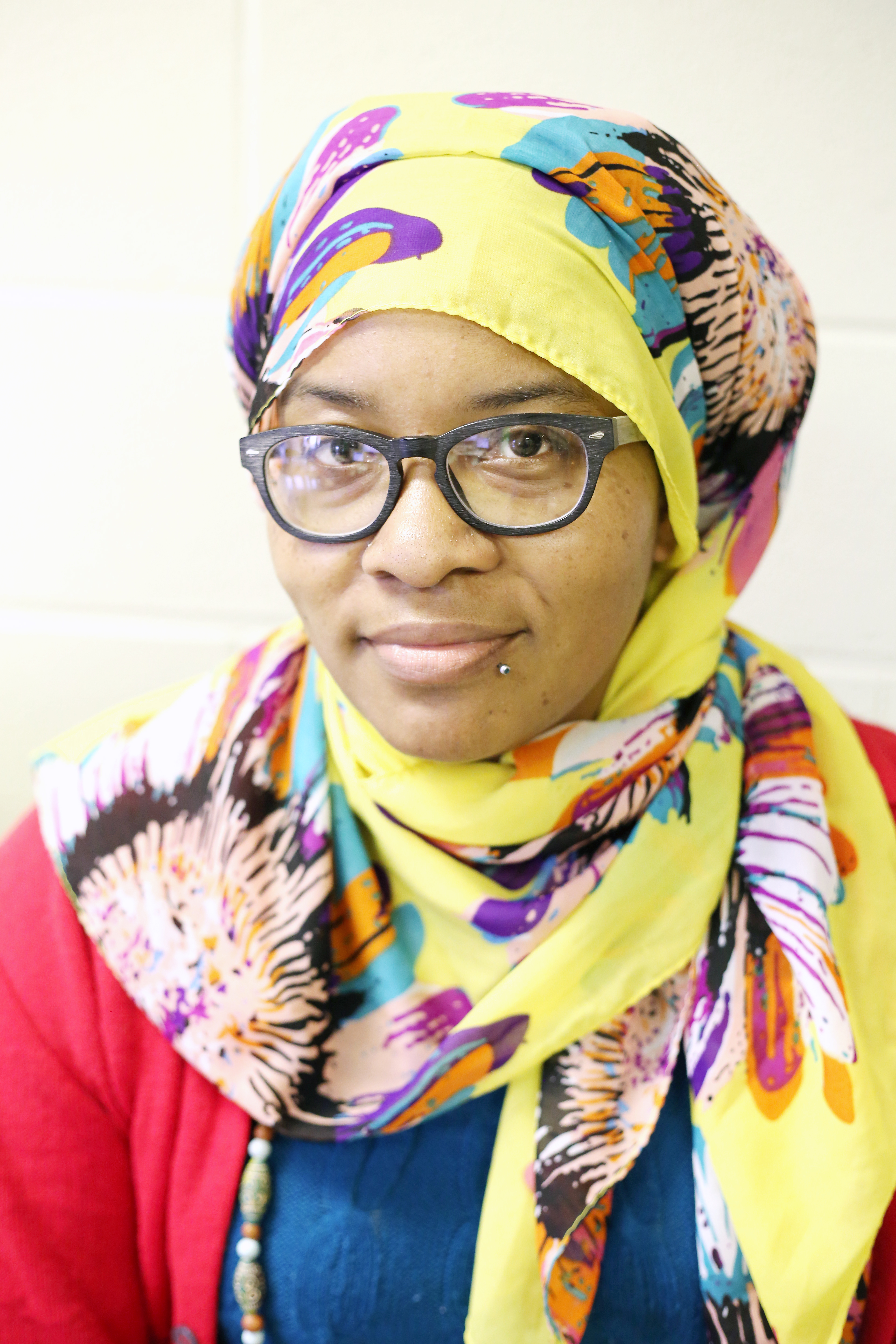FLINT, MI — A local doctor and a Flint community activist are pushing Genesee County to support a resolution to make racism a public health issue.
Flint native Dr. Kent Key says it may be the only way to impact racism throughout the United States.
“We are speaking from a black experience,” said Key, executive deputy director for Community Based Organization Partners also known as CBOP and faculty at Michigan State University’s College of Human Medicine. “People of color in Genesee County have experienced devastating things. It’s not just black people… [By having a resolution] you can actually have funding to address some of these inequities and address root causes.”
On June 10, the Genesee County Commission is set to vote on the resolution during their regularly scheduled meeting starting at 9 a.m. Key is hoping they keep in line with the Genesee County Board of Health, who voted unanimously in favor of the resolution on June 3 and also pledged to conduct an assessment of internal policies to ensure racial equity. The Board of Health sent the resolution to the Commission, which is the last body that has to sign off before the resolution can become official in Genesee County.
“The most immediate thing [the resolution] can do is highlight how racism contributes to health disparities,” said Flint pediatrics specialist Dr. Lawrence Reynolds, MD.
Reynolds, who also sits on the Genesee County Board of Health, said the black population in Genesee County has a number of health issues including high infant mortality rates, stress, diabetes and mental health issues. He also said the resolution could help support work to decrease mass incarceration and close gaps in housing and education disparities.
According to the US Census, Genesee County is an estimated 72 percent white and nearly 20 percent Black with the Latino population coming in at around 3 percent.
Flint, the largest city in the county, on the other hand, is about 53 percent Black with a white population of nearly 40 percent. The Latino population mirrors the county as the third highest in the city.
“It will look at all those things that are controlled by the use and practice of racial segregation,” said Reynolds. “It will call for a review and examination of current policies and practices that allow these dynamic racisms. It is significant now that there is a commitment… By the fact that it was unanimous shows that maybe folks are waking up…Now only time will tell.”
In light of the recent killing of George Floyd, a black man, on May 25, 2020, by a white Minneapolis, Minn. police officer, there has been a global movement to end racism and police brutality leading other areas to join a move to make racism a public health issue. This month, Montgomery County in Maryland, leaders in Ohio and in Indianapolis, Ind. have all pushed for resolutions that have been supported by health, local and state officials.
Key’s work, rooted in the public health sector, has focused on building equitable systems in underserved and marginalized communities like Flint. The death of Floyd prompted Key to reach out to Flint activist Nayyirah Shariff to help draft the resolution for Genesee County. In a matter of days, the duo had written the document to present to county leaders.
“This is us being residents born and raised in Flint and taking action,” said Shariff who serves as director of grassroots organization Flint Rising. “I worked for several years as a racial justice facilitator. My own history with the county and addressing policies that impacted black and brown communities. Blacks have higher rates of asthma [and] diabetes. Race and health is a real thing. When you intersect, you have a racial lens looking at any of these sectors. It’s very similar throughout the country, not just the systems in Michigan.”
[Best_Wordpress_Gallery id=”50″ gal_title=”Flint-area holds protest against police brutality”]



